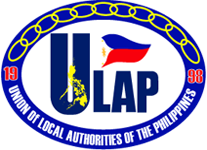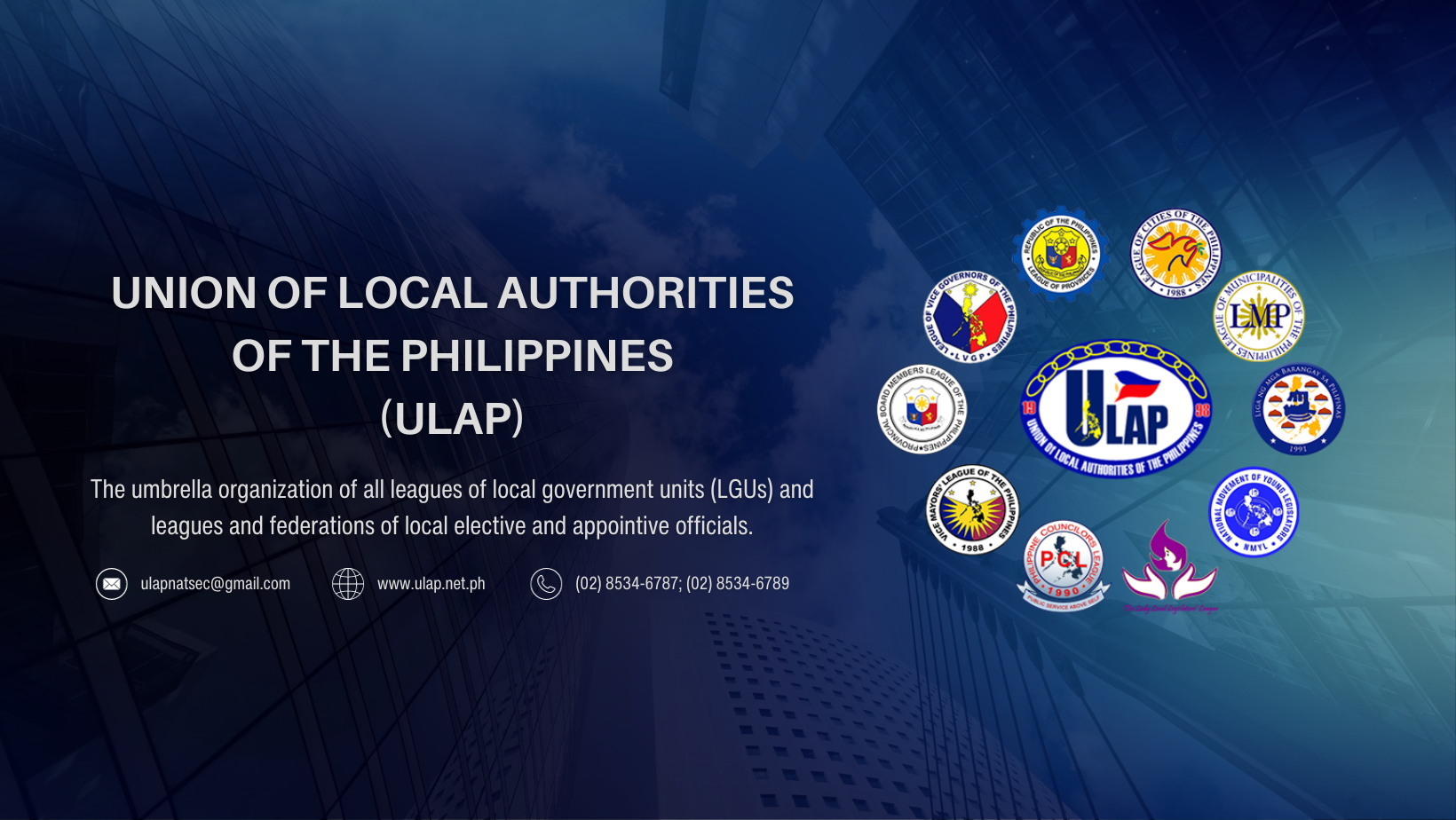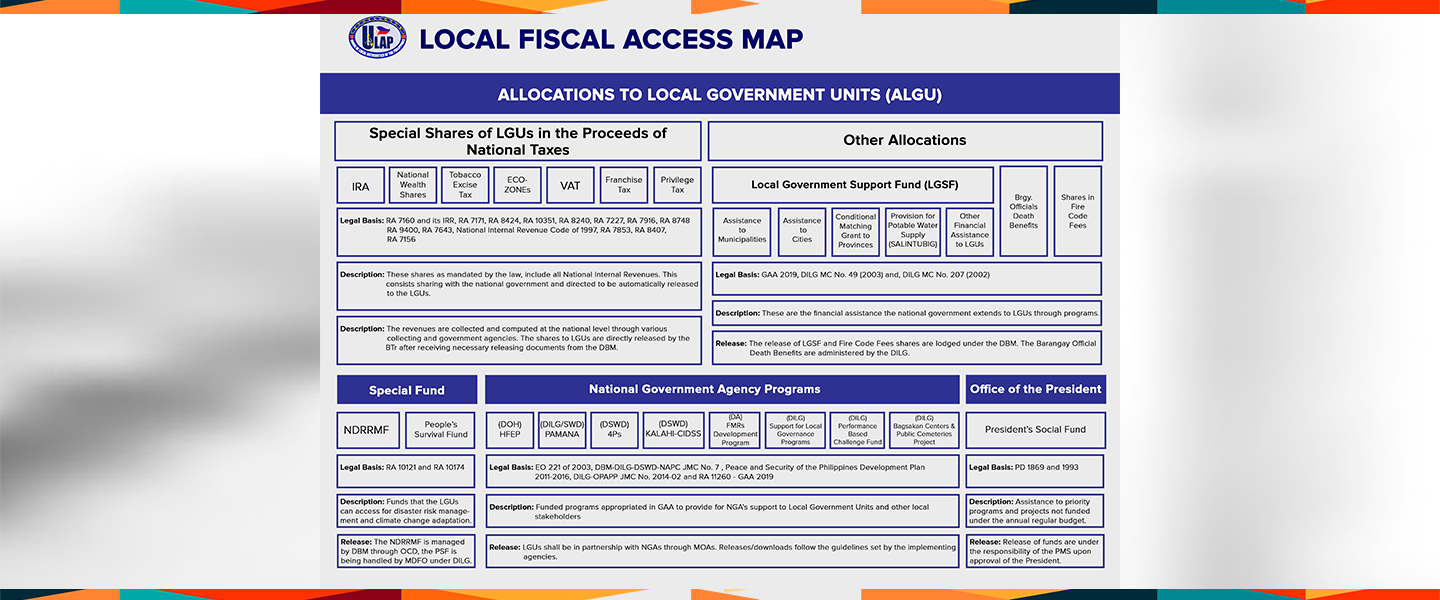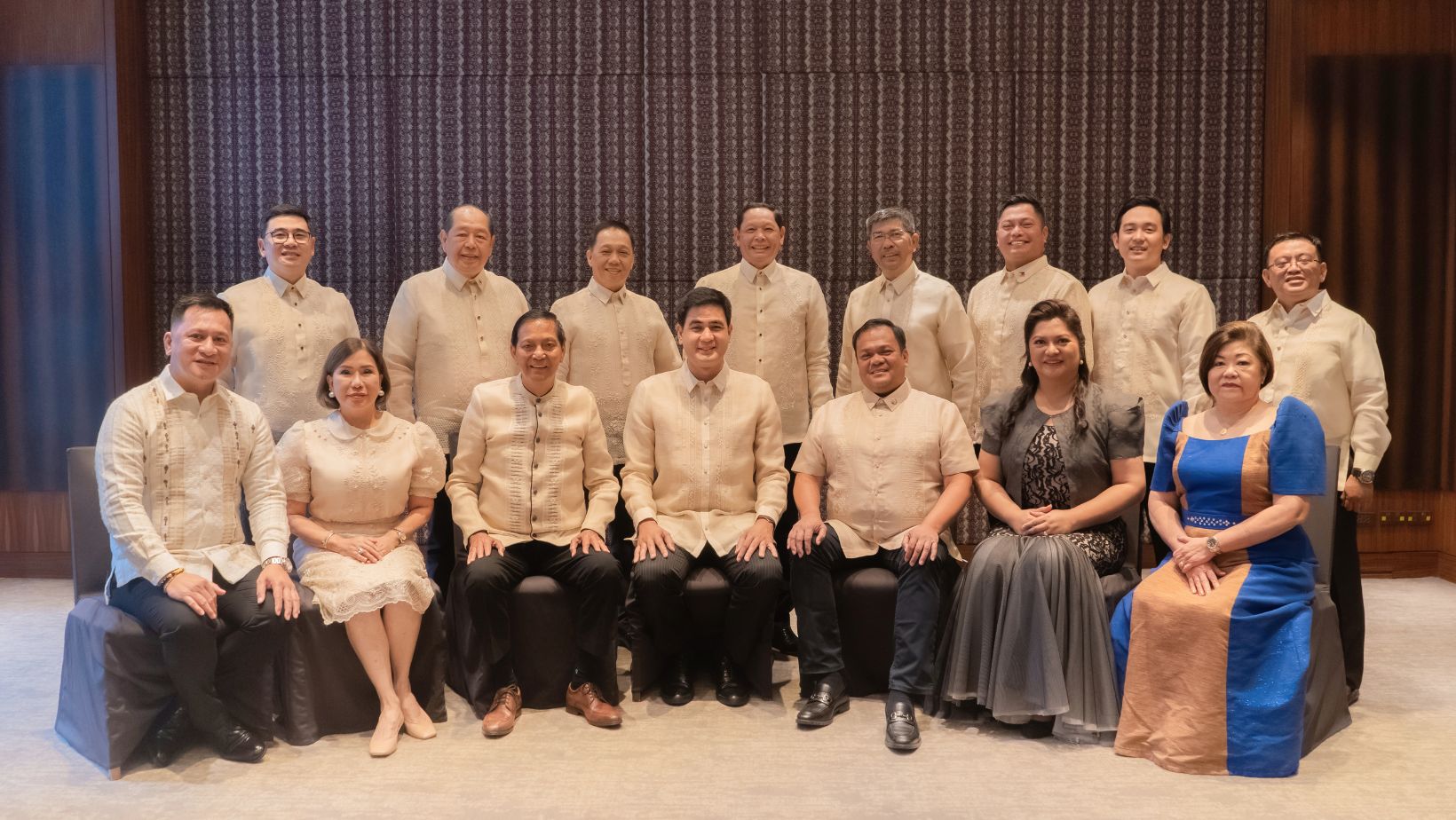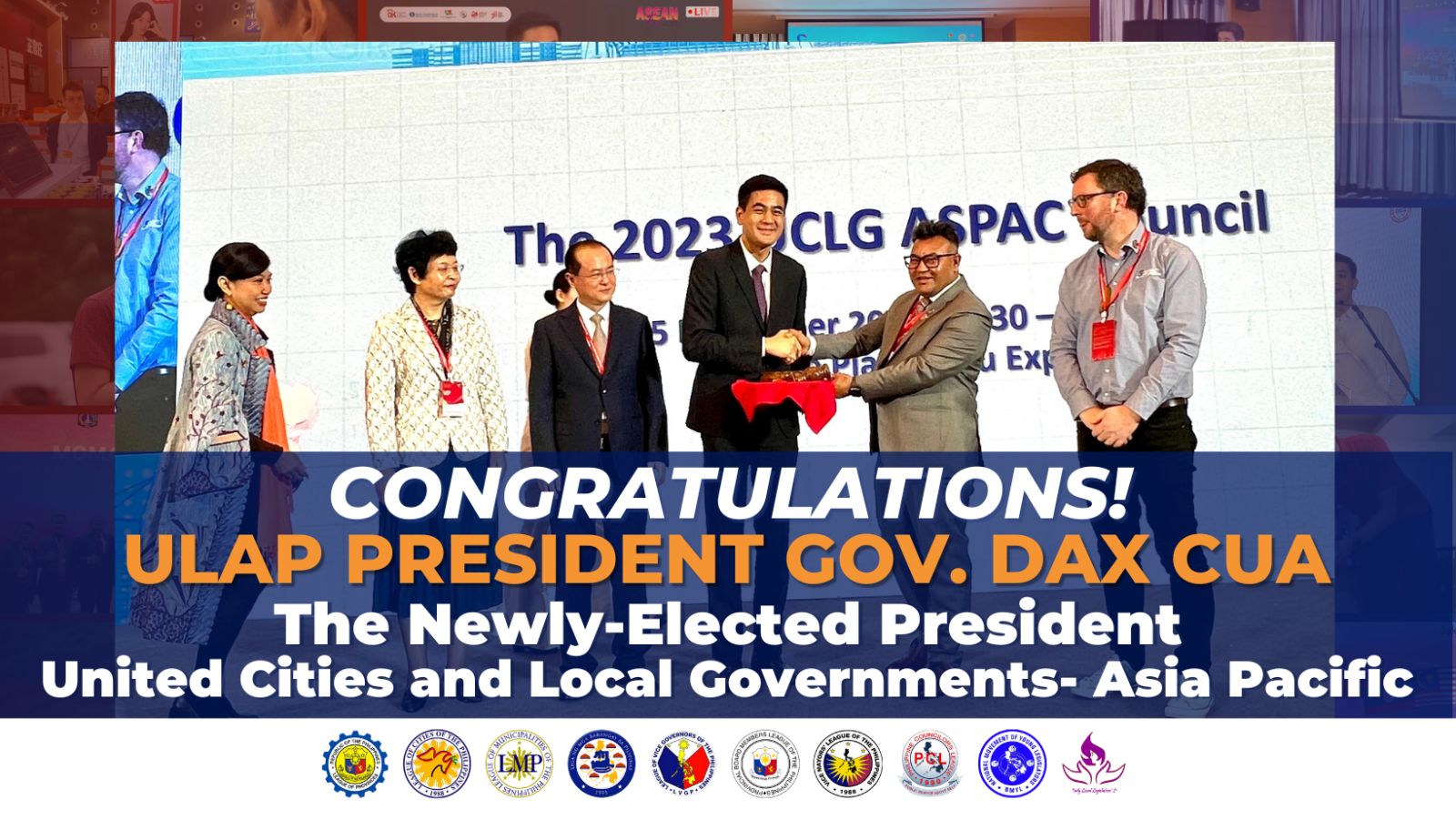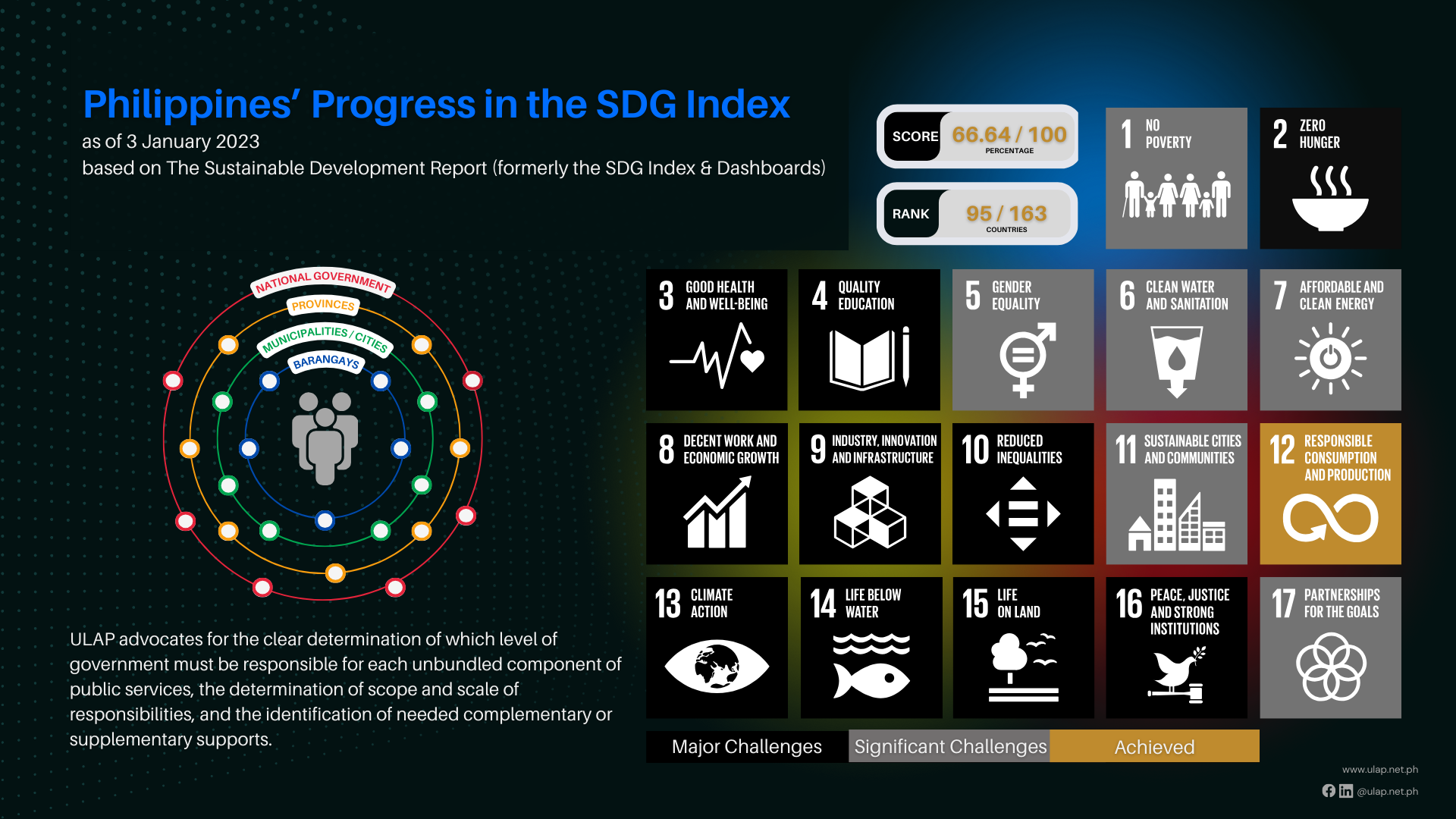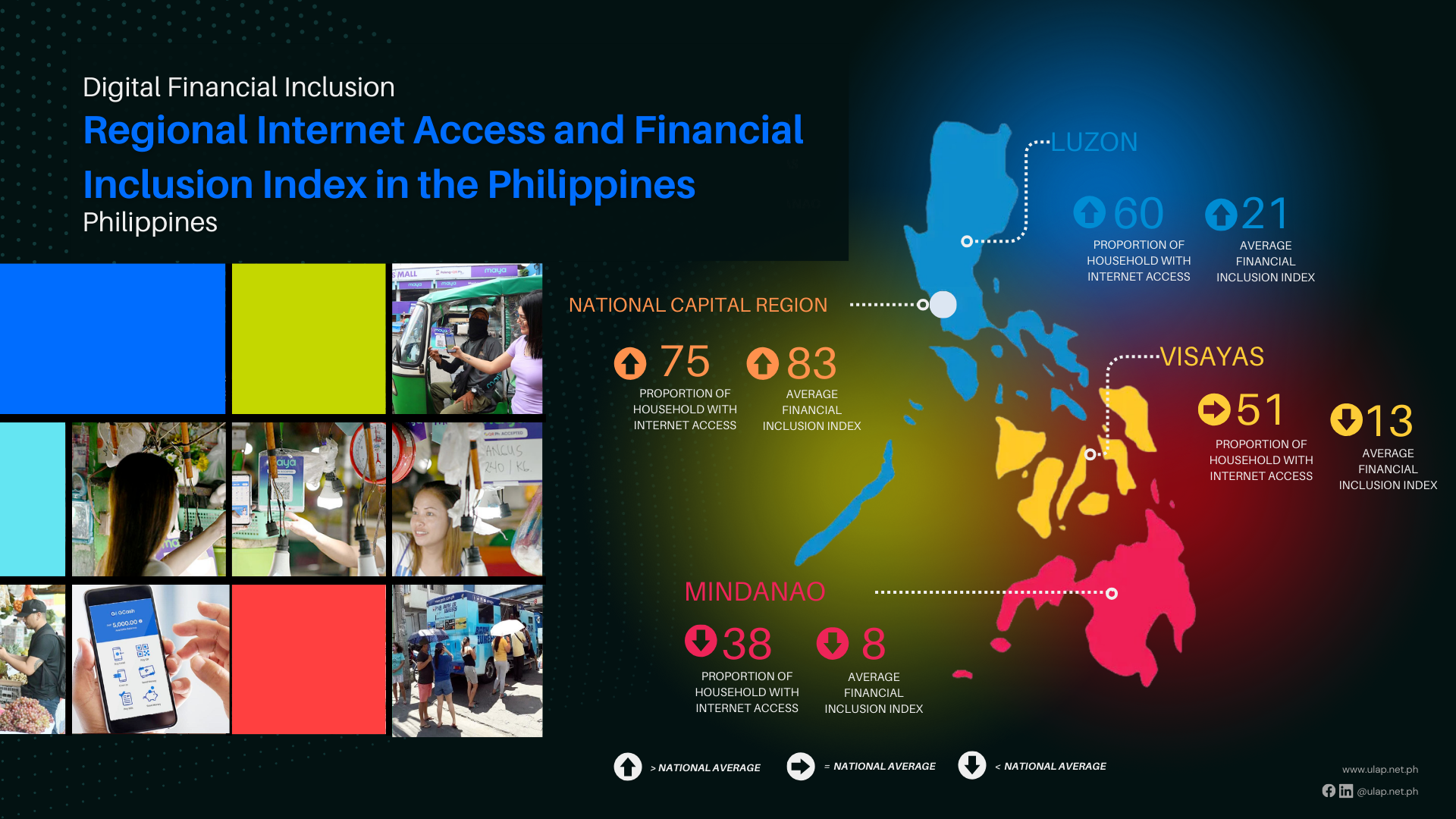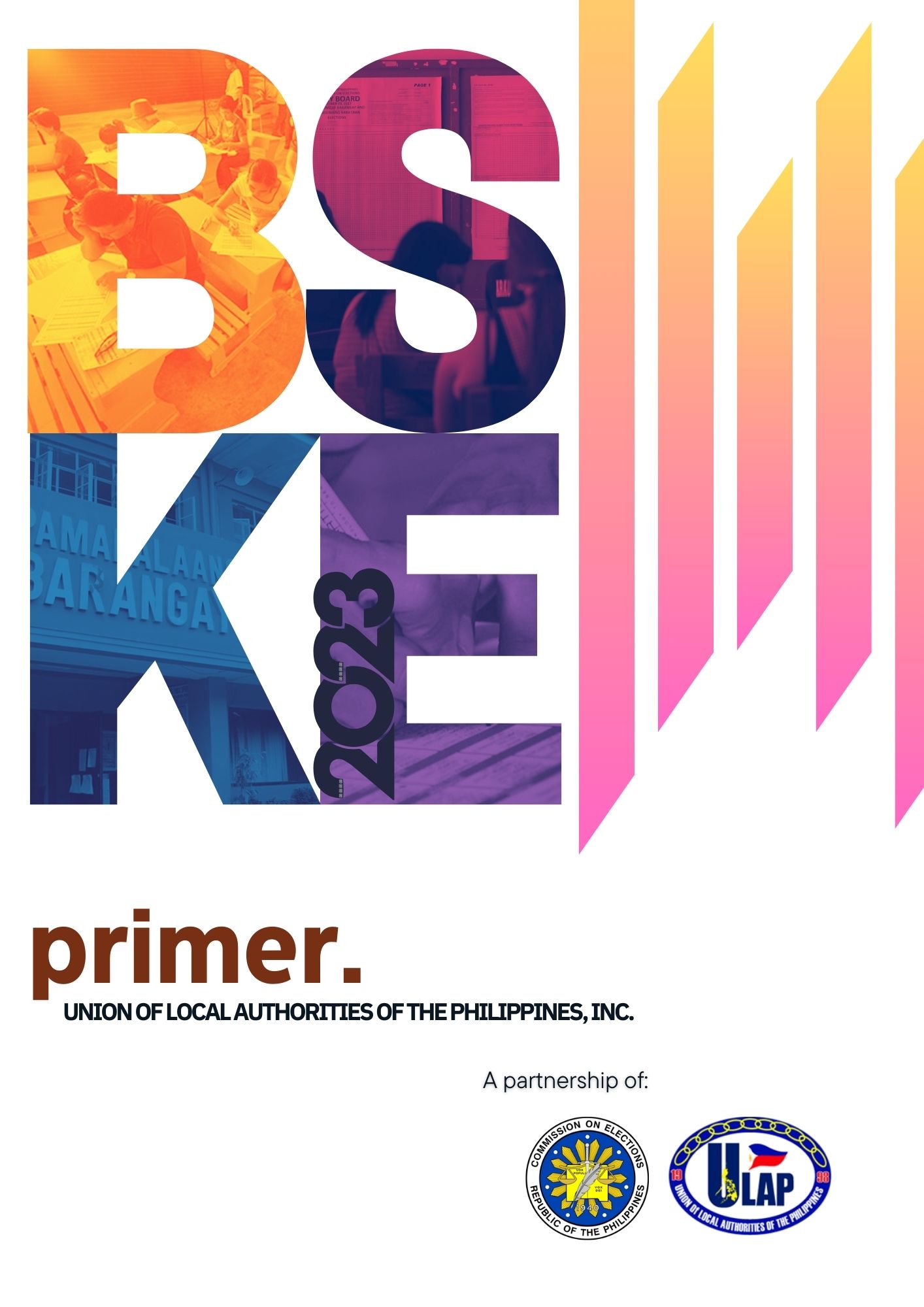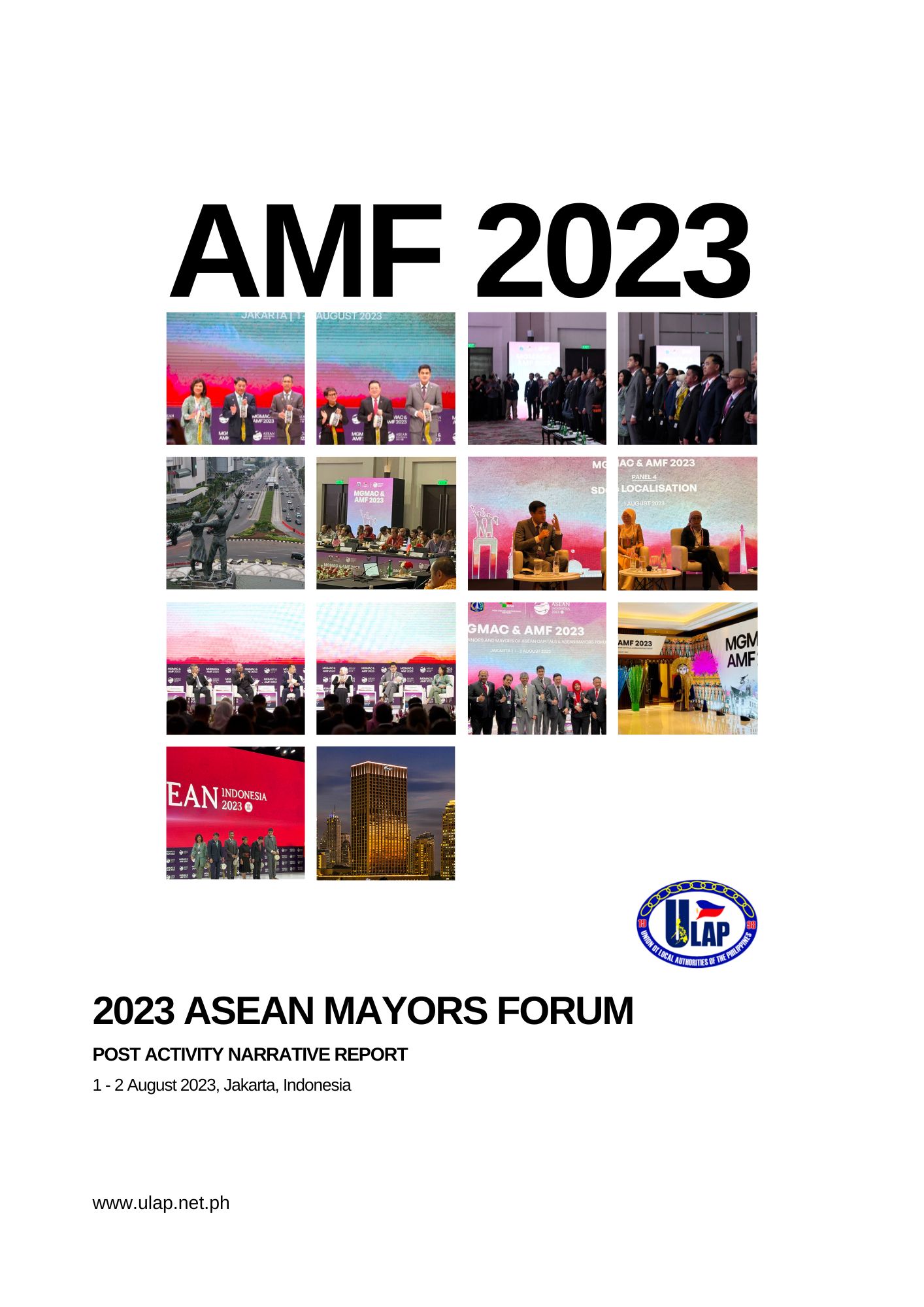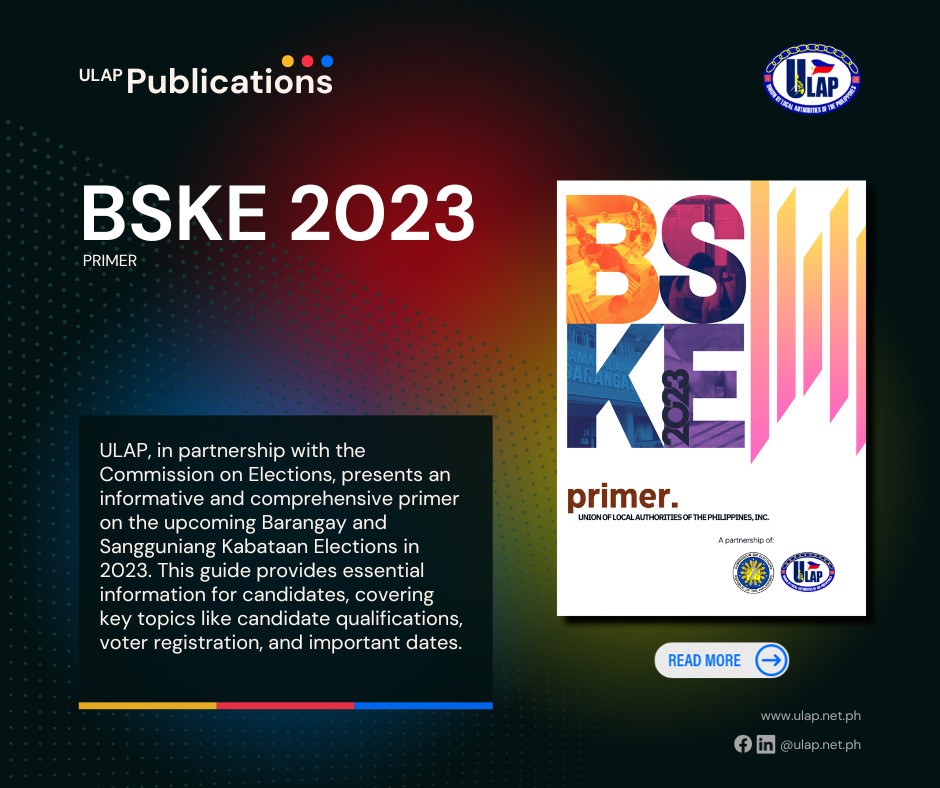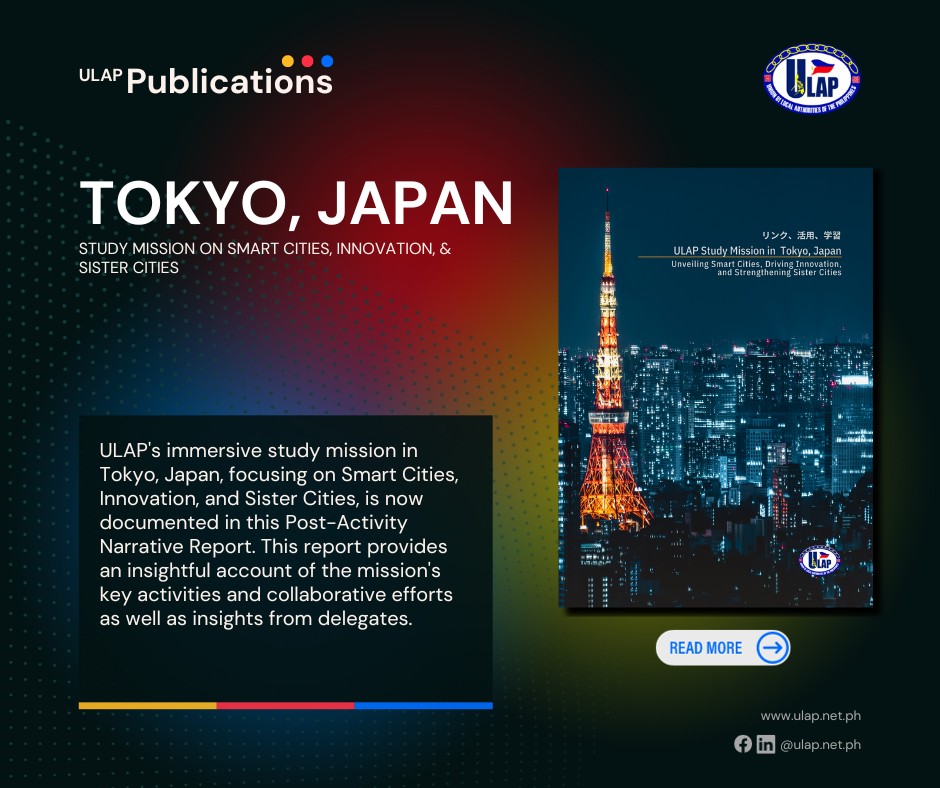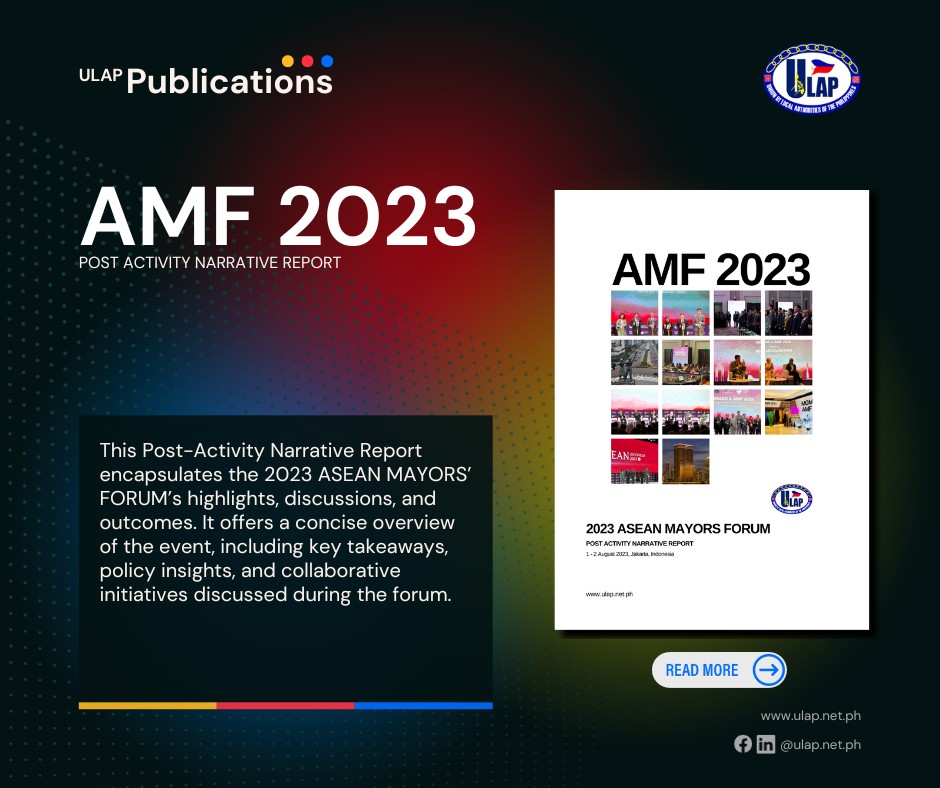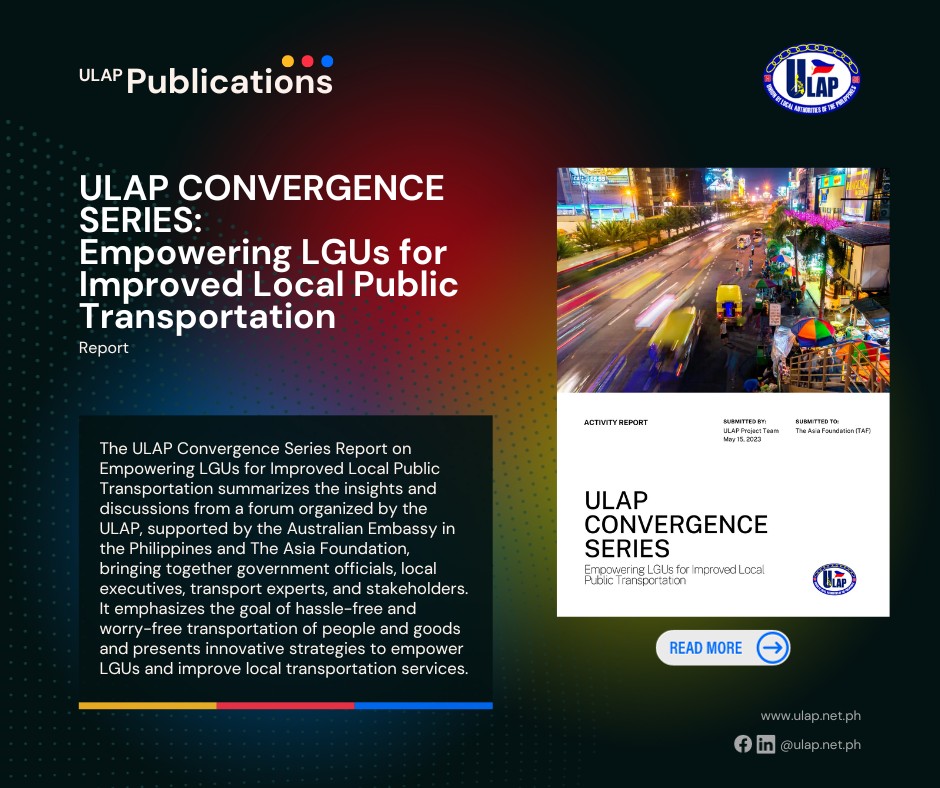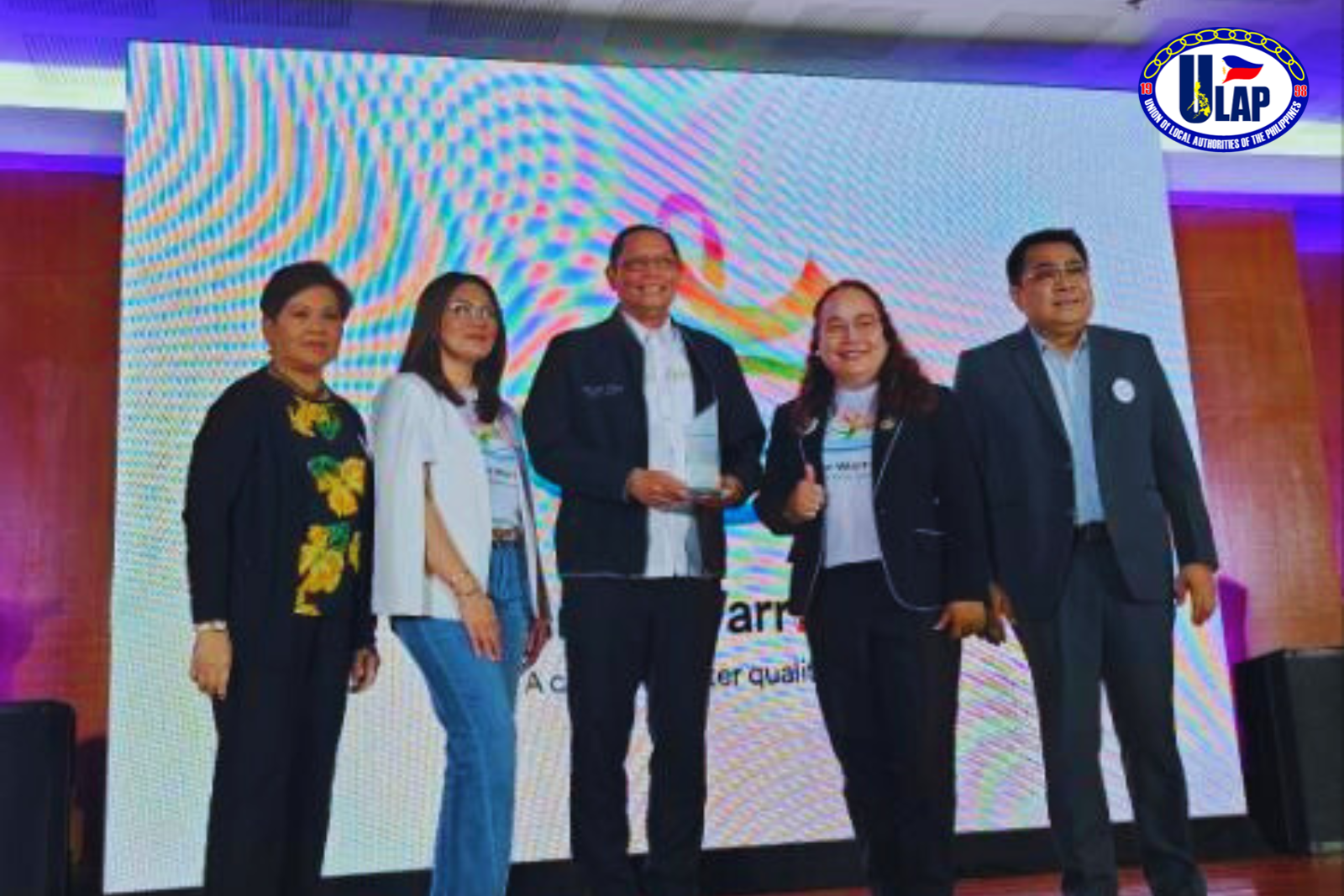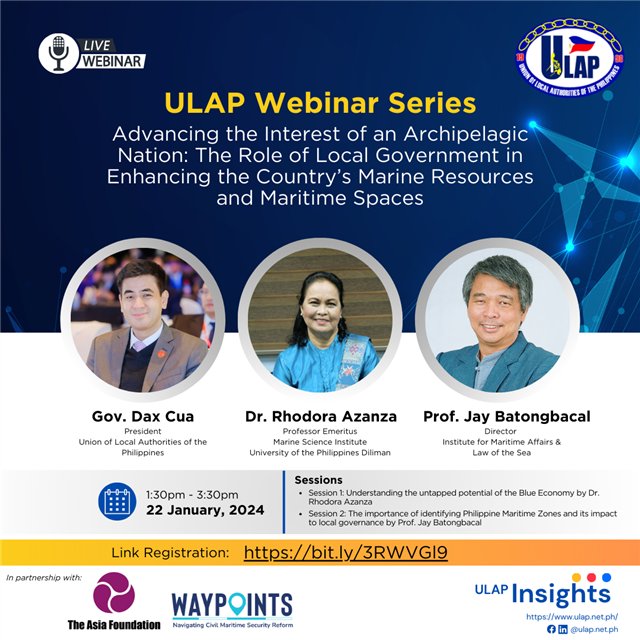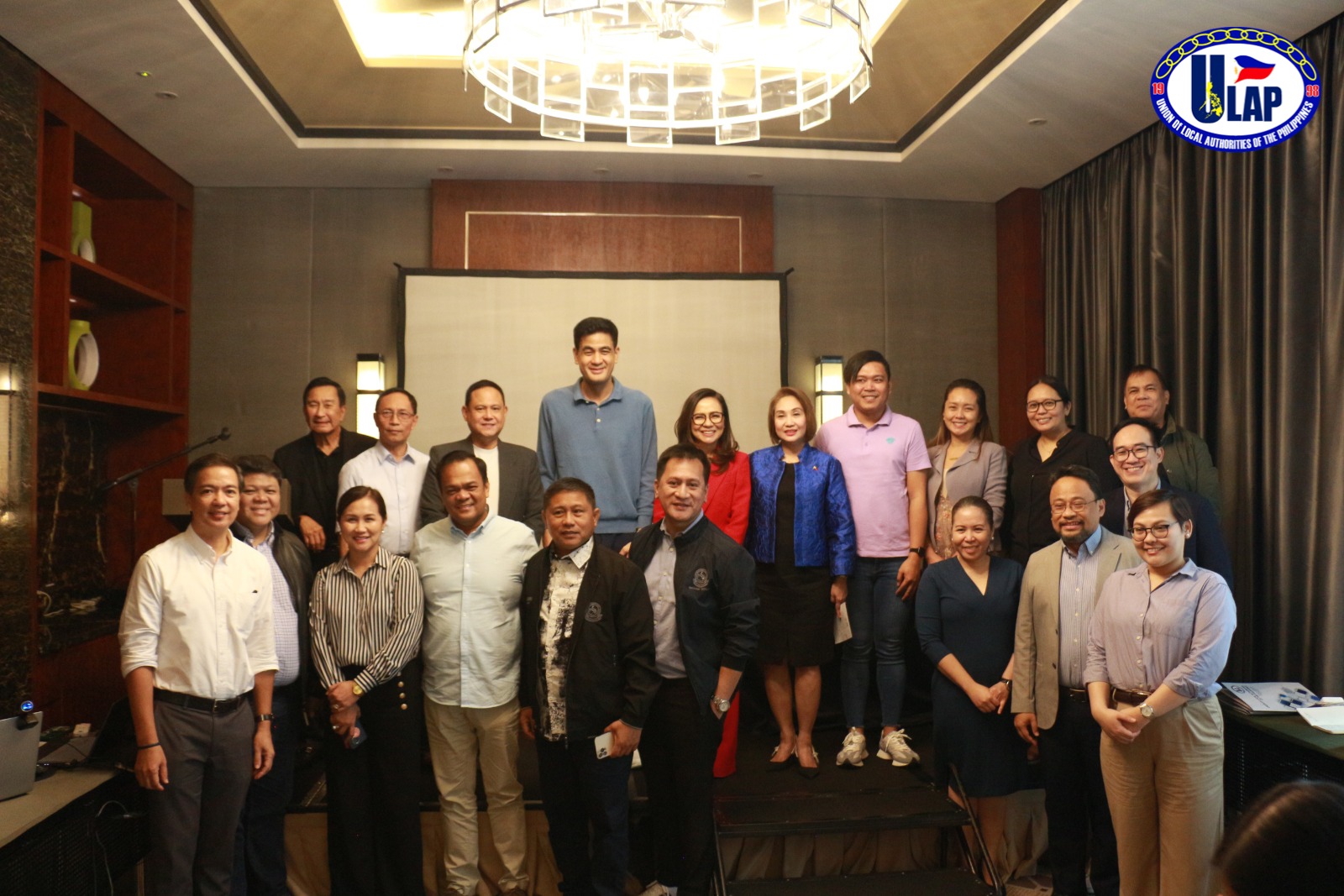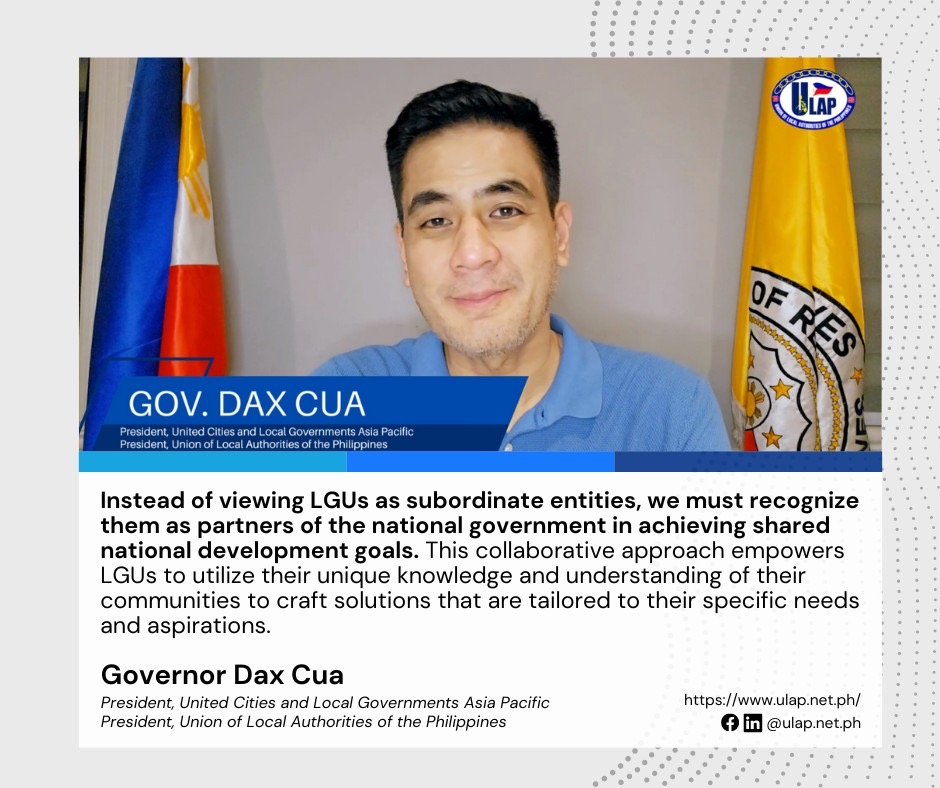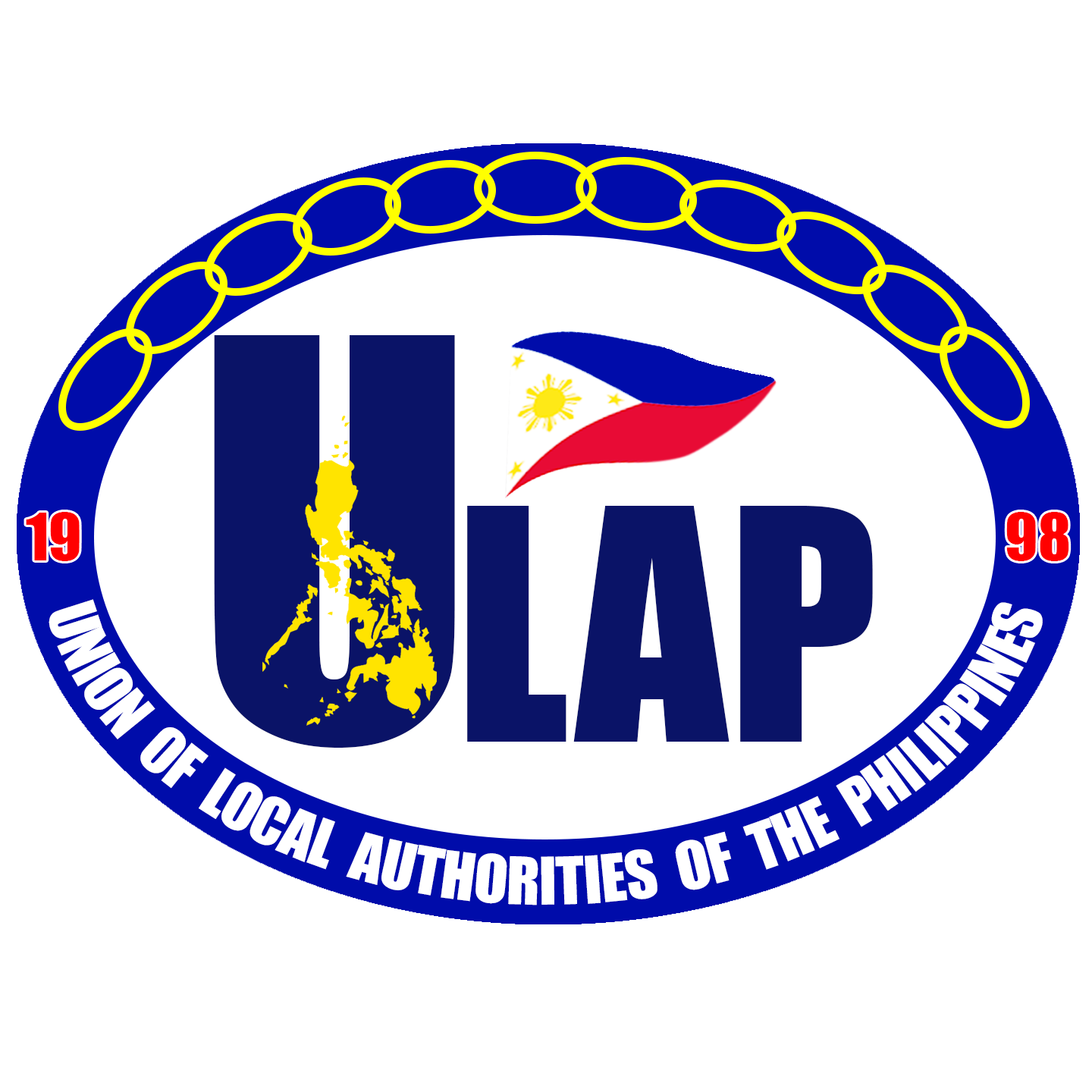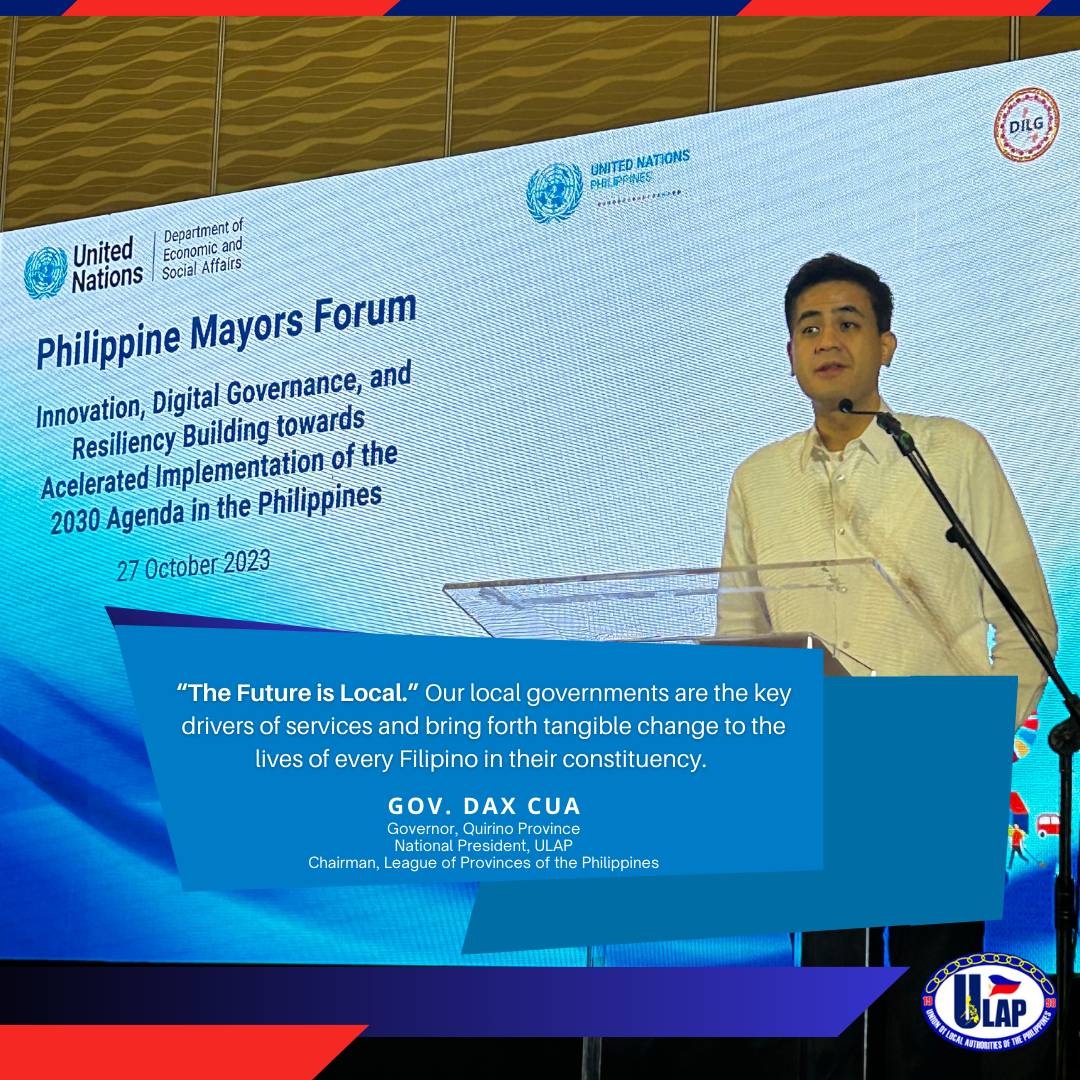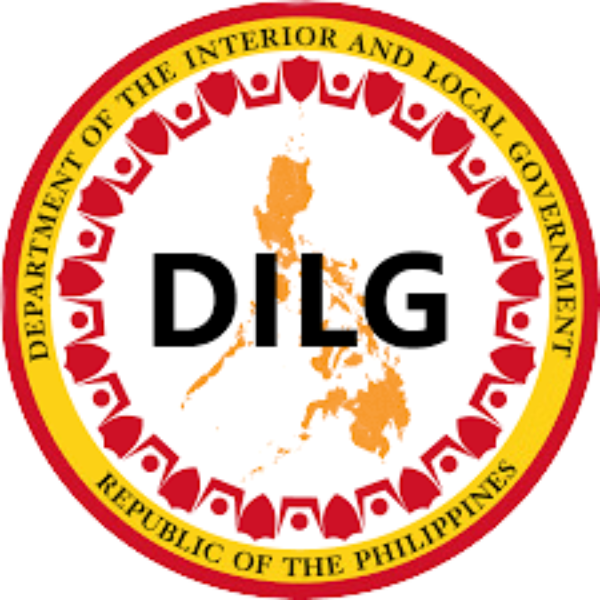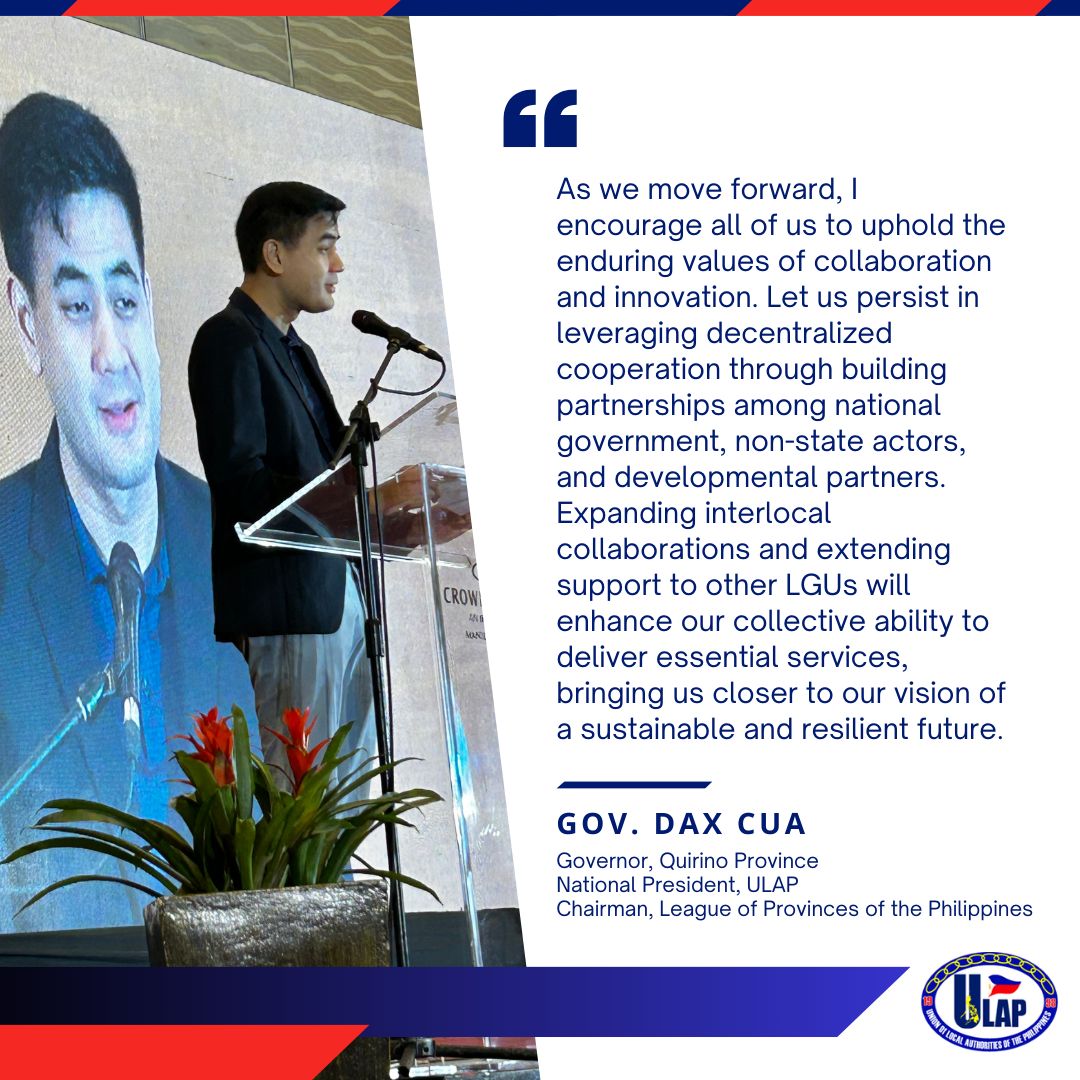Critical Issues and Queries of Local Governments on Federalism

The Union of Local Authorities of the Philippines (ULAP)1, the umbrella organization of all leagues of local government units (LGUs) and locally elected officials in the country, supported by the Department of Interior and Local Government (DILG) and the United Nations Philippines RePubLiKo campaign, conducted a Round Table Discussion (RTD) entitled “Mapping Out Critical Issues and Queries of Local Governments on Federalism”, for an in-depth discussion about the critical issues and concerns of LGUs that need to be addressed in further conversations on the proposed shift to federalism.
The shift to a federal form of government is one of the key campaign platforms of President Rodrigo Roa Duterte. Within his first 100 days in office, several political and non-partisan groups alike have organized and continue to roll out information sessions on Federalism across the country to explain possible gains and features of the form of government. The call to federalize is supported by former Senator Aquilino “Nene” Pimentel, Jr., who espouses federalism a form of fully realizing the promise of genuine local autonomy espoused by the Local Government Code of 1991. The House of Representatives Committee on Constitutional Amendments is also beginning to gather inputs on preferred revisions of stakeholders.
Even with these various efforts to elevate the discourse on federalism, there has yet to be more organized, disciplined discussions of federalism with local government units (LGUs) that respond directly to the local governments’ concerns, issues, and some critical hesitations. As per the Sulong Pilipinas Local Governance Discussions2 series, LGUs repeatedly inquired about a national roadmap for the shift, and requested for more in-depth discussions of the national government with LGUs to flesh out the details of the proposed federal government. In the same Sulong Pilipinas discussions, representatives from the Office of the Cabinet Secretary responded that the government was yet to have concrete plans for the transition.
The RTD was conducted as part of the 2016 Local Governance Congress in celebration of the 25th year of the Local Government Code held on October 27 at the Sofitel Philippine Plaza Hotel. The celebration, carrying the theme, “Pagsulong, Progreso, Pagbabago.”, was headed by DILG and ULAP to recognize the milestones and contributions of the Code in local governance and highlight the need to further strengthen the campaign to achieve its primary thrust—genuine local autonomy. The RTD was conducted under the collaboration among DILG, ULAP, and the United Nations RePubliKo campaign, which aims to leverage on key local governance events in the year to engage the public and local governments in line with the goals of the Republiko advocacy (3Ds: Decentralization, Democracy, and Development) and the ULAP #ParaSaBayan Local Government Code 25th anniversary.
The RTD output is envisioned to serve as the first of a series of LGU positions and inputs to the continuing federalism discourse. In particular, the discussion was guided by the following questions:
- What are concerns and issues of LGUs on the proposed shift to federalism?
- What data and/or other information would be useful for LGUs to make informed decisions and develop critical inputs to further federalism discussions?
- What are possible national-local dialogues that would be helpful in developing key proposals and inputs of the local governments on the proposed shift to federalism?
The RTD was not designed deliberately not to provide proposals or accommodate presentations from any of the various groups currently advocating for federalism models. The focus of the RTD was to outline what the key issues of the LGUs are, to serve as basis for continuing conversations and ULAP positions on federalism proposals.

